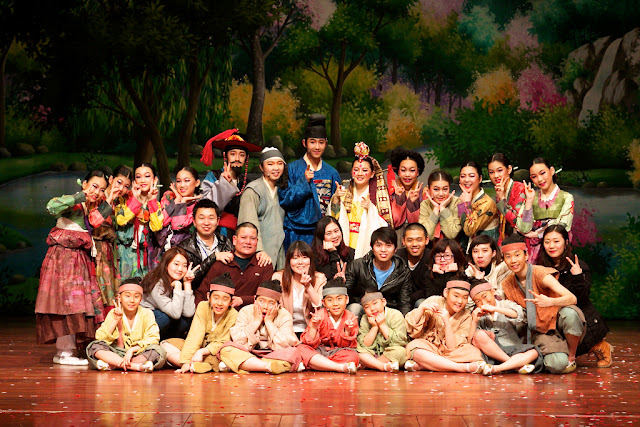Revisionist History Ep. 5 Food Fight
In the ‘Episode 5: Food Fight’ of
the podcast ‘Revisionist History’, Malcolm Gladwell compares two similar
schools, Bowdoin College and Vassar College. They are both small elite liberal
arts colleges with similar tuition fees and Vassar is a little bigger and
edgier than Bowdoin. The major difference between these schools is the quality
of the food. Bowdoin College has wonderful food, which are handmade, delicious,
and diverse. Sometimes there are lobsters in the menu and the students are highly
satisfied with it. Vassar’s food is terrible and almost inedible. Where did
this difference come from? After Princeton dramatically expanded its financial
aid, Vassar realized that low-income children spend almost a half of their
families’ income to pay for the tuition and expanded its aid from 15 thousand
to 60 thousand, 10 years ago. As a result, full tuition paying students that
were about 75-80% of the total number of students were replaced by about 100
poor students. Obviously, Vassar has no cushion or wiggle room.
When we talked about this podcast
in class, I was astonished by other students’ thoughts. Some said that good
quality food is essential for studying, so Vassar’s choice might not be the
best. I understood that they didn’t mean this in an aggressive way but I thought
that we should consider this problem more seriously. Since students of KMLA are
mostly from above-average-income families, we can’t really empathize this
situation. But if we think it in the shoes of low-income students, an
opportunity of education is worth sacrificing good quality food. Therefore, I
entirely agree that more opportunity of education is prior to good food and that
Vassar is making the best choice they can.
Another student in class said, “I
just don’t understand why I have to go to a school that uses my tuition, not
for my benefit but for financial aids.” I agree that it is unrealistic to urge
high-income students, or full tuition students, to not go to colleges with good
food, since they are not offering fair education as Malcolm Gladwell says. If
the quality of education and tuition is same and only housing and food is
different, it’s just not rational to pick Vassar over Bowdoin since as an
individual, we would choose the school where we can get most from the same tuition.
However, I was astounded by that comment since I believe that we should consider
the privileges given to us as a responsibility. These privileges are sheer luck
and it could have been given to anybody. It’s not like we’ve been ‘selected’.
We were just lucky to be randomly picked. So, it is our duty to return these
benefits back to the society.
How can we solve this? Gladwell
suggests many solutions but rebuts it right away. The most complicated problem
is that the schools have the provide good education to as many low-income
students while bringing full tuition students who could pay for the financial
aid. In my opinion, the government should subsidize colleges which offers
opportunities and supports low-income students. As an individual, we should
return our privileges by donating and offering charities to school that really
need it.
After the discussion, our teacher
said that we must not only support low-income students financially, but also
must help them adapt to the education environment and this inspired me greatly.
For example, my school, KMLA offered scholarship to local students since
Hoengseong, where KMLA locates, is region with less opportunities of good
education. However, the local students soon left the school because it wasn’t
easy to adapt to the new educational atmosphere that was very different from
ordinary schools and to match other students who attended private institutes
and received intensive education from a very young age. The school was too
irresponsible to throw an innocent student among the jungle without any help.
The school should have provided the students with more intensive care and
attention and tutoring programs to help them adapt to the school, both in daily
life and academics.
This podcast reminded me of one time
when I felt discouraged by my economic status even though I am not a low-income
student and have received overwhelming privileges. One day, we were looking at
the past college acceptance records of our alumni. I said, “Wow, this alumnus
went to Yale but didn’t receive any financial aid!” One student in our class
replied, “If I could get into Yale, the financial aid doesn’t matter at all.”
Then, I had to say, “Well, I can’t afford to.”
There are so many children that
are talented as students of HYPS but just can’t afford the fees. It is the
responsibility of the privileged people to give them fair opportunities
regardless of their income.

댓글
댓글 쓰기